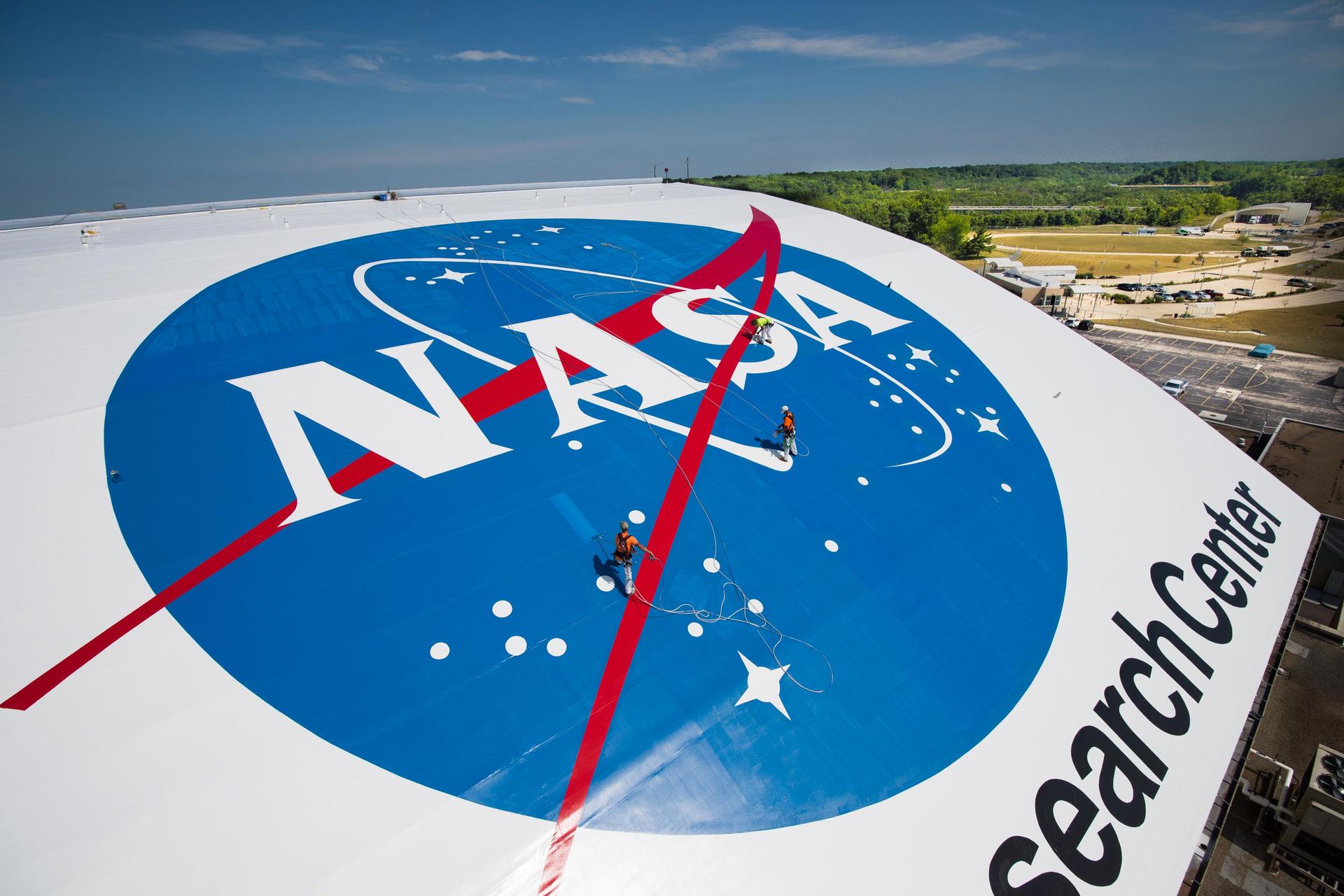Nasa UFO study to focus on gathering data, not making conclusions
Nasa will soon begin the process of looking at what data it may already have that could shed like on Unidentified Aerial Phenomena

Nasa will undertake a nine month study of Unidentified Aerial Phenomena, or UAPs, the space agency announced Thursday, but agency officials don’t expect to make any determinations about what UAPs actually are. At least not yet.
In a media teleconference Thursday afternoon, Nasa officials laid out their plan for the study that will launch in the early fall and help establish “road map” for investigating UAPs, the new term for what were once dubbed UFOS. A team selected by the Nasa Science Mission Directorate and led by astrophysicist David Spergel will pour over telescope, satellite, and atmospheric data to see what publically available data Nasa might pull together to research UAPs.
“The first step in any investigation is to figure out what data is at hand; that’s all this study is doing,” assistant deputy associate administrator for research in Nasa’s Science Mission Directorate Daniel Evans said. “This is just step one. What data are out there that can be brought to bear?”
The Nasa announcement comes just weeks after the US Congress held the first hearings on the topic of UFOs/UAPs in decades, where intelligence officials briefed lawmakers on an ongoing Pentagon investigation into UAPs, and showed video of unexplained UAP encounters with military aviators. The hearing offered no conclusions, and lawmakers and intelligence officials had to retreat to a closed session to discuss further details due to the classified nature of much of the data.
Nasa’s research program, by contrast, will remain fully transparent and open to the public, according to Dr Evans, but will also therefore rely solely on unclassified material.
“The full report will be made available to the public and we expect to hold a public meeting to discuss our findings,” he said.
Dr Evans added that the study will have a budget between “a few tens of thousands of dollars” and $100,000.
Speaking about the scope of the study he will lead, Dr Sperger noted that “We actually have a wealth of data about our atmosphere. We observe it both from above and below. Whether it’s air traffic management data, astronomers looking up, satellites looking down,” he said. “We want to start by synthesizing the data we have.”
Dr Evans, as well as Dr Thomas Zurbuchen, associate director of Nasa’s Science Mission Directorate, noted that they were unaware of any previous attempts by Nasa to collate such data with the intent of shedding light on the nature of UAPs.
Dr Sperger, like the other officials who spoke Thursday, did not explicitly cite the possibility that UAPs might represent a form of intelligent extraterrestrial life, instead saying that “the only preconceived notion I have coming into this is we should be open to the idea we’re looking at several different phenomena,” rather than a singular type of event.
“One of the most exciting things in science are things we don’t understand,” he added.
The new study was instigated by Dr Zurbuchen, who while he mentioned Nasa’s ongoing efforts to search for signatures of alien civilizations on distant exoplanets, also avoided directly addressing the hypothesis that UAPs are a form of extraterrestrial technology. But, he added, “the science process is a valid process for any and all problems, including that one.”
Join our commenting forum
Join thought-provoking conversations, follow other Independent readers and see their replies
0Comments